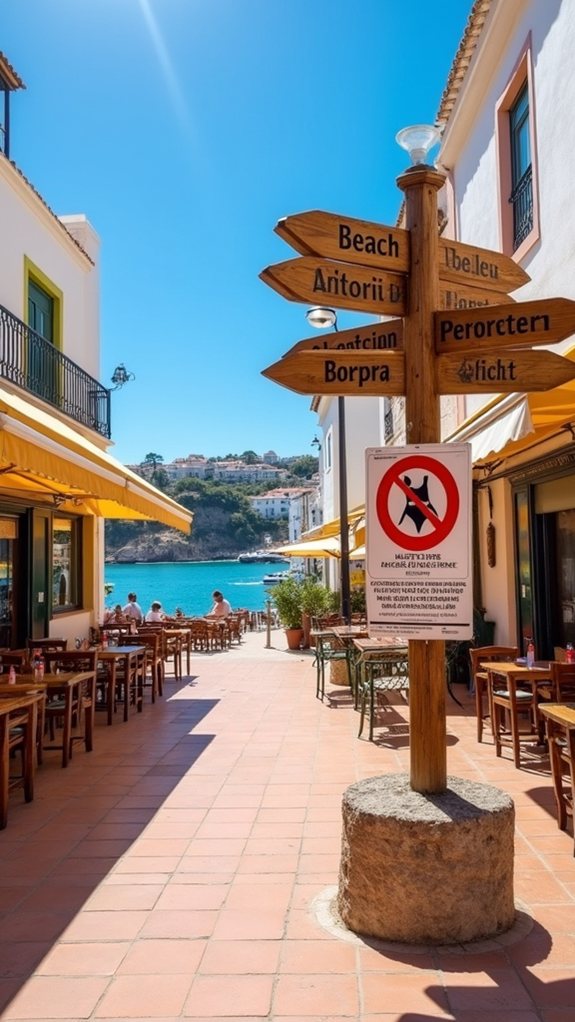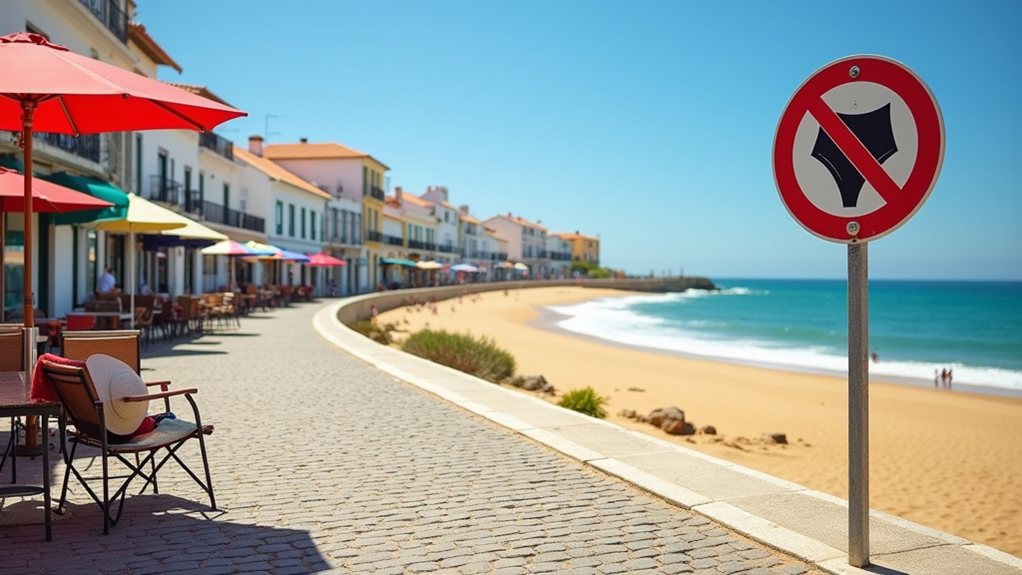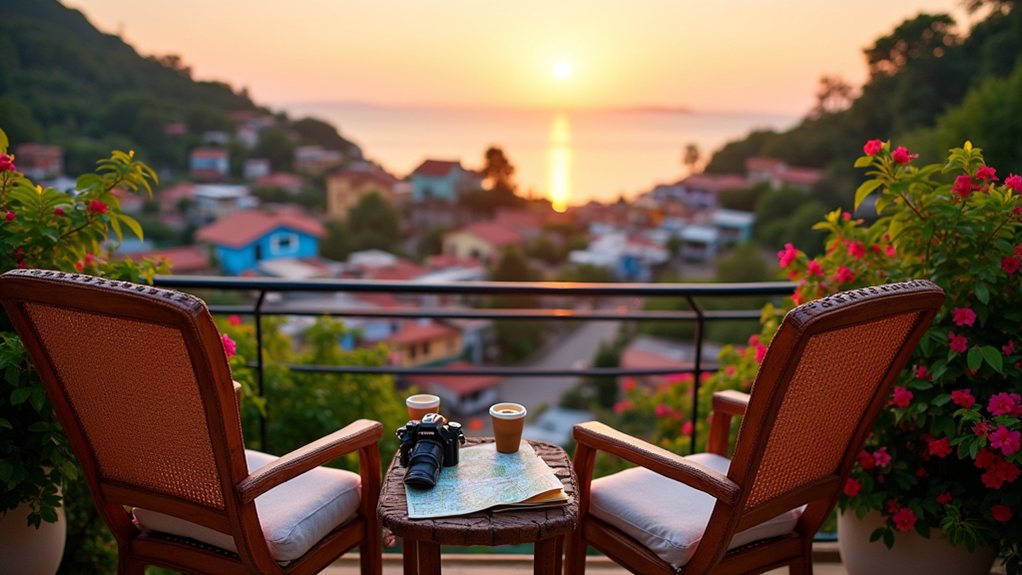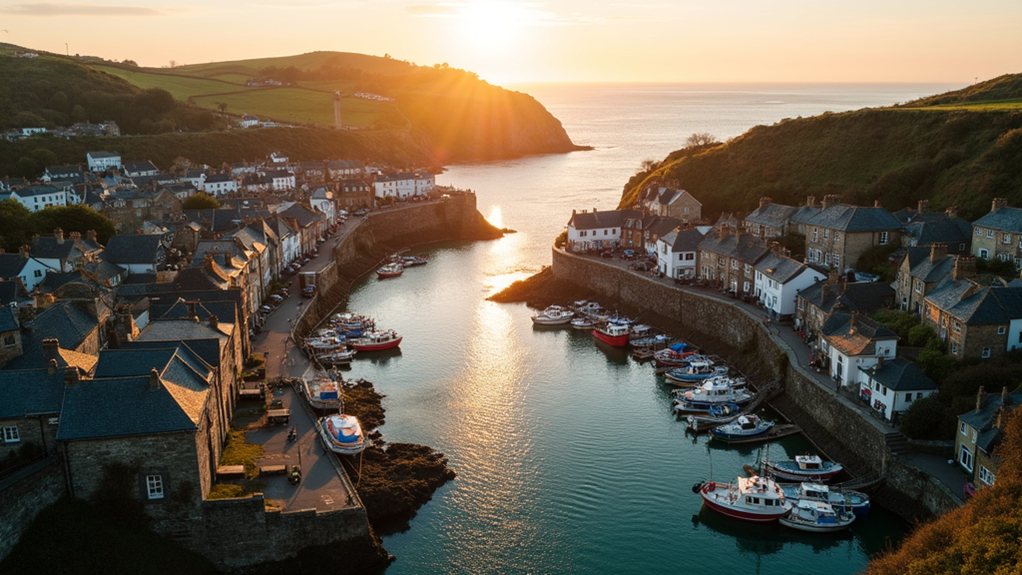Portugal’s summer dress code, now dubbed the “bikini ban,” has transformed Albufeira’s cobblestone streets into battlegrounds of cultural debate. The new regulations, which restrict beachgoers from wearing swimwear beyond sandy shores, reflect officials’ attempts to balance tourism revenue with local sensibilities. “We’re not prudes,” insists Mayor José Carlos Rolo, “but there’s a time and place for nearly-naked tourism.” Critics call it an overreach, while supporters point to similar rules across Mediterranean destinations. What’s at stake isn’t just fashion freedom, but the town’s evolving identity.
New Beach Dress Code Sparks Tourism Debate

While tourists flock to Portugal’s sun-soaked Algarve coast for carefree beach holidays, visitors to Albufeira, the region’s most popular resort town, may soon need to pack more than just swimwear for their vacation. Local authorities have proposed a controversial bikini ban, part of a thorough code of conduct aimed at curbing what they see as the excesses of mass tourism and preserving Albufeira’s family-friendly image.
The proposed regulations would require men to wear shirts and women to don trousers or skirts with tops when venturing beyond the beach or hotel pool areas. Strolling through town squares or sipping a café galão at a sidewalk café while sporting beachwear could result in hefty fines ranging from €300 to €1,500, a potential vacation-budget buster for most travelers. Repeat offenders could even face prison sentences for flouting these new dress code regulations.
This isn’t just about covering up, either. The town’s new rules also target behaviors like public drinking, urination, and spitting – all part of Albufeira’s strategy to attract a different type of tourist. The crackdown was partially triggered by an incident involving eight British tourists who were filmed naked at a local bar and shared on social media. While beaches, hotel pools, and their immediate surroundings remain swimwear-friendly zones, the rules would apply to all public streets, terraces, and even balconies visible from public areas.
The proposal comes as Albufeira grapples with record visitor numbers, particularly from Britain, and seeks to diversify its tourism economy. The restrictions aim to balance tourism needs while maintaining cultural respect for local sensibilities in the town center. The situation stands in stark contrast to the serene atmosphere of Florence’s Romanesque churches, where visitors are drawn to architectural beauty rather than beach parties. Following in the footsteps of Barcelona, Sorrento, and other European destinations with similar restrictions, Albufeira hopes to shed its reputation for catering exclusively to budget-conscious party-seekers.
Currently, the proposal is in a 30-day public consultation period, giving locals and potential visitors alike the chance to voice their opinions. Some critics argue this infringes on personal freedoms, while supporters claim it’s necessary to preserve local heritage and attract more sustainable tourism.
For those planning an Algarve getaway this summer, the message is clear: the days of wandering from beach to bar in nothing but a bikini may soon be over. Pack accordingly, or prepare to pay up.










